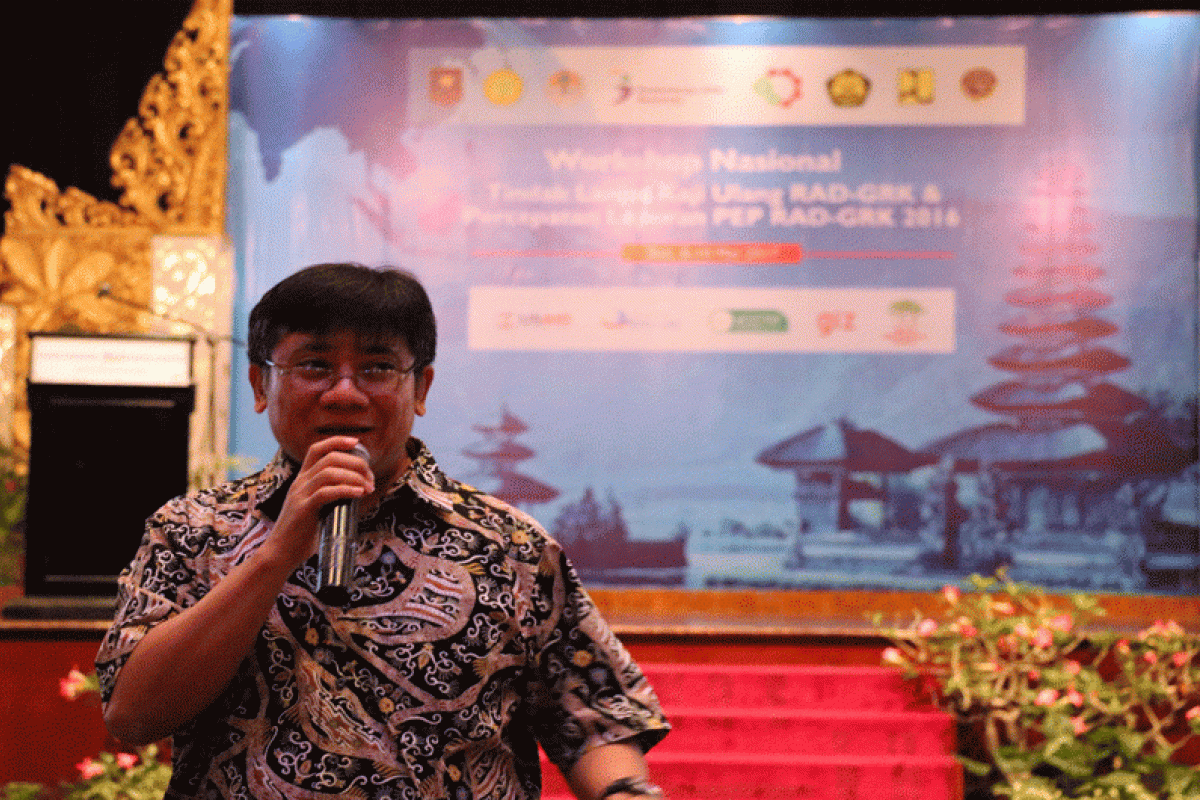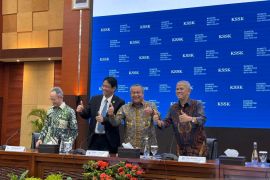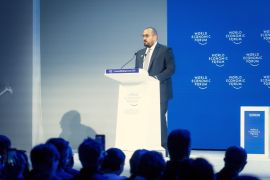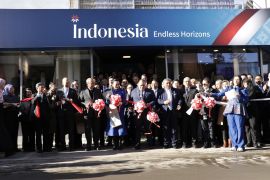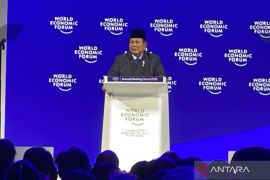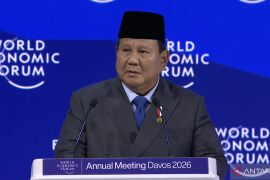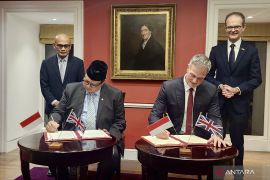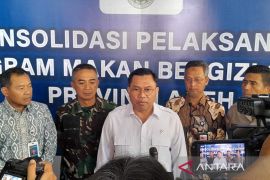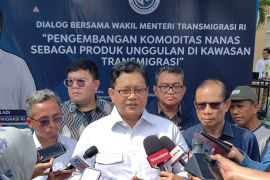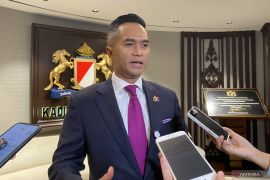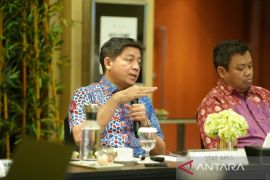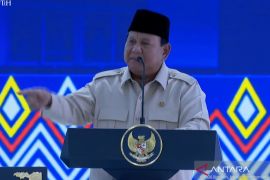The environmental carrying capacity would not be supporting business-as-usual development programs, he noted here on Monday during a speech at the 2050 Pathways workshop themed "Vision 2050: Indonesia and the Long-term Objective of the Paris Agreement."
Rising deforestation, water shortage, and biodiversity loss are glaring indicators of the environment's poor carrying capacity, he pointed out.
Macroeconomy calculates supporting and carrying capacities, among others, and a major transformation is necessary for achieving it, he remarked.
Medrilzam noted that the economic growth was recorded at just 4.3 percent, rather than 5.7 percent.
"This is disagreeable. Hence, the low-carbon initiative has been launched. The 'brown' policy should be changed to a 'green' policy, so the graph is expected to rise up," he stated.
Medrilzam believes that realizing "green" economic growth would be a challenge based on the current development concept.
The government must step up energy efficiency and renewable energy development, according to Medrilzam.
"Currently, renewable energy is only some eight percent. A quantum leap is needed to achieve the target of producing 23 percent of its total energy needs from renewable energy by 2023," he stated.
If deforestation were to continue unabated and peatland management remains inadequate, it would not be possible to achieve the greenhouse gas emission reduction target of 29 percent by 2030 in line with the Nationally Determined Contribution (NDC) document, he added.
Translator: Virna PS, Fardah
Editor: Gusti Nur Cahya Aryani
Copyright © ANTARA 2019
